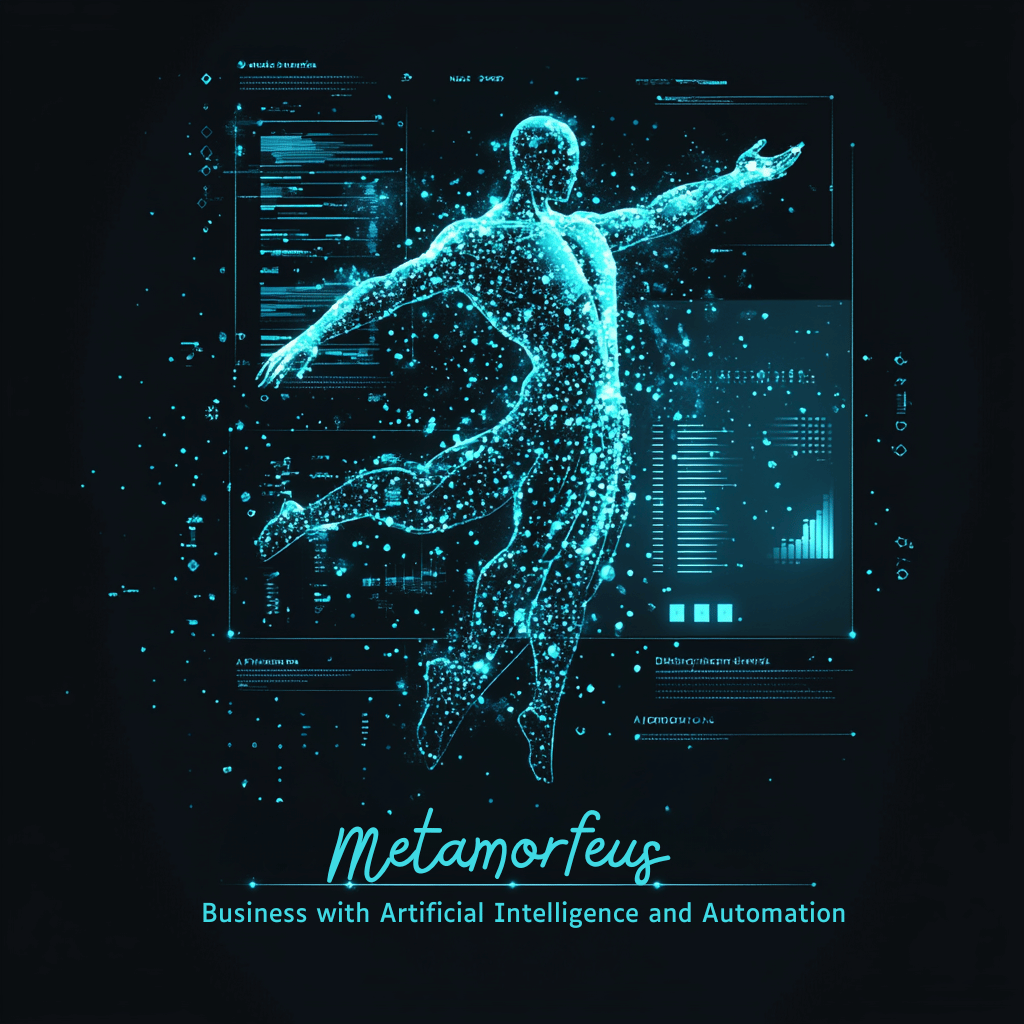Description
Course Objective: To provide participants with an understanding of the capabilities of artificial intelligence (AI) and automation in business, with a focus on practical applications and the use of Python for business process automation.
Target Audience: Business professionals, managers, financial specialists, marketing specialists, project management specialists, and anyone interested in applying AI and automation in business.
Course Modules:
Module 1: Introduction to the 4th Industrial Revolution and Artificial Intelligence in Business
* 4th Industrial Revolution: Overview and key characteristics.
* Business in the Industry 4.0 era: Challenges and opportunities.
* What is Artificial Intelligence (AI)? The simplest explanation.
* What do companies expect from AI? (According to Forrester data)
* Benefits of automation and AI for business:
* Improving efficiency and productivity.
* Reducing errors and optimizing processes.
* More accurate information for decision-making.
* Releasing human resources for creative tasks.
* Examples of successful automation in business (Microsoft Finance Department).
* Providers of AI platforms and services (OpenAI, Anthropic, Hugging Face, Google, Perplexity, Nvidia, Meta).
Module 2: Introduction to Business Process Automation with Python
* What is Python and why is it suitable for automation?
* Examples of Python applications in business process automation.
* Key Python libraries for automation and data analysis (Pandas, NumPy, ReportLab, Prophet, statsmodels, Keras, TensorFlow, Dash, Streamlit).
* Tools for developing and deploying automation (Docker, Kubernetes).
* Automation architecture: Microservices and communication between them.
* Security in process automation: Monitoring and logging.
Module 3: Practical Applications of AI in Project Management
* Situational analysis: Managing a project to implement CRM automation with AI (Example: Metamorfeus and Trek Bikes).
* Using Google AI Studio for project management.
* Tasks in managing projects with AI:
* Creating documentation and specifications with AI.
* Project planning with AI.
* Collaboration and communication with clients using AI.
* Personalization of systems with AI.
* Brainstorming and planning with AI.
* Answering client questions about AI implementation:
* Selection of AI models for customer segmentation, churn prediction, and personalized recommendations.
* Project timeline, key milestones, and deliverables.
* Engaging the client team in testing and training.
* Project budget and breakdown by item.
* Creating prompts for AI for project management (Examples from the presentation).
Module 4: AI for Analysis and Comparison of Contractual Relationships
* Situational analysis: Comparison of supplier agreements (Example: MASTERCO Traders).
* Using AI to compare contracts and generate reports.
* Creating a report comparing supplier agreements.
* Generating recommendations for renewing contracts with more favorable terms.
* Practical exercises for analyzing contracts with AI.
Module 5: Data Analysis and Financial Report Generation with AI
* Analysis of marketing campaigns with AI:
* Calculating ROI, CPA, and other key metrics.
* Identifying the most effective campaigns.
* Practical exercises with marketing campaign data (Fairbanks).
* Generating financial reports with AI:
* Creating reports on financial results.
* Analyzing financial data and identifying trends (Example: Dow Chemical).
* Suggesting ideas for further data analysis with AI.
* Summarizing financial data and evaluating financial performance with AI.
Module 6: Data Consolidation and Cleaning with Python
* Problems with consolidating data from multiple sources (different formats, column names, missing data).
* Automation of data consolidation with Python.
* Writing Python scripts for:
* Finding and processing files in various formats (.xlsx, .csv, .txt).
* Cleaning and standardizing data (column names, data formats, missing values).
* Consolidating data from multiple sources into a single file.
* Logging and error handling in Python scripts.
* Examples of data cleaning and unification (capitalization, data types, range validation, email validation, dates, duplicates).
Module 7: Automation of Financial Processes with Python
* Automation of reporting for standards and regulatory requirements with Python.
* Budgeting and forecasting with Python:
* Using Python to forecast future revenues and expenses.
* Using libraries for time series forecasting (Prophet, ARIMA).
* Consolidation of financial statements with Python for organizations with subsidiaries.
* Predictive financial modeling and scenario analysis with Python.
* Generating personalized financial dashboards with Python (Dash, Streamlit).
* Automation of tax calculations with Python.
Module 8: Agent Workflows and Personal Assistants with AI
* Concept of agent workflows and their application in business.
* Creating personal assistants with AI to automate routine tasks.
* Analyzing personal writing style with AI and adapting communication tone.
* Creating an AI assistant for writing emails with a specific tone and style.
Module 9: Business Process Transformation and the Future of Automation
* Transition from automating individual tasks to transforming entire business processes.
* How to transform 1000 processes per year?
* Strategic approach to automation and AI implementation in the organization.
* Ethical aspects of using AI and automation in business.
* Future of work in the age of AI and automation (forecasts by McKinsey and Goldman Sachs).




